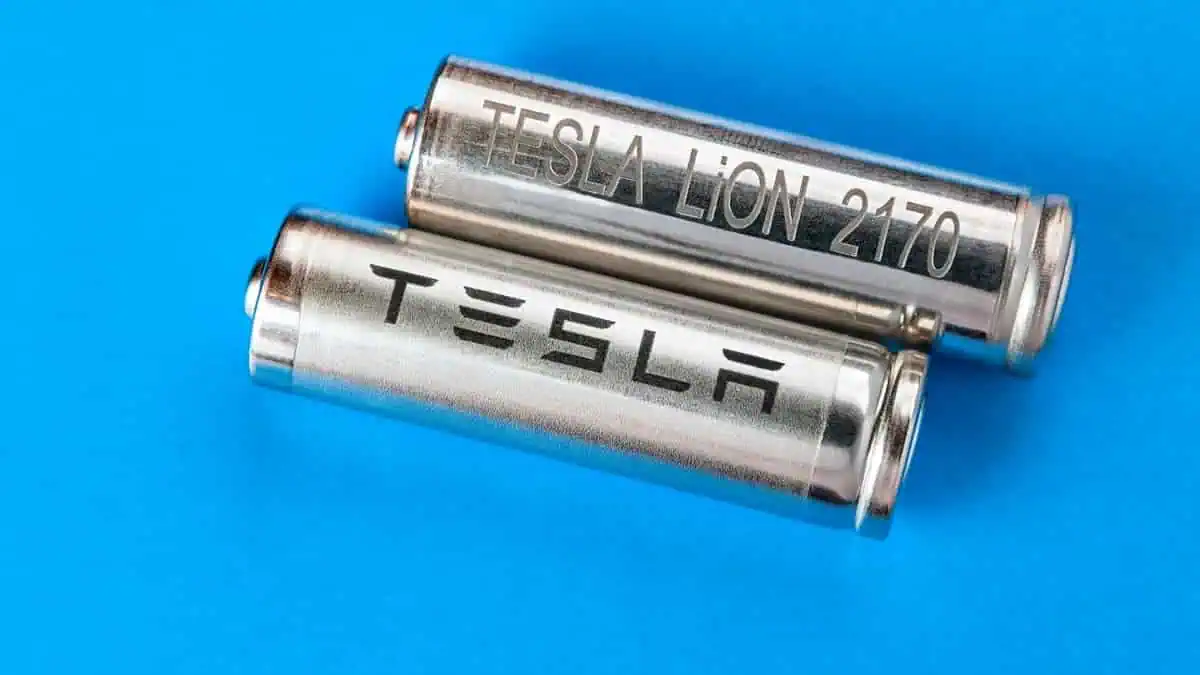Japanese legacy automaker Honda confirmed on Thursday that it plans to establish new electric vehicle and battery factories in Ontario, Canada.
Before the official announcement, reports emerged on Monday that Honda was nearing a “multi-billion dollar” deal with the Canadian government for local factories.
Establishing EV value chain
Honda announced in a press release that it had set a CAD$15 billion (USD$11 billion) investment to fund its development of a “comprehensive” electric vehicle value chain in Canada. It must be noted that the estimated amount includes investment by Honda’s joint venture partners.
Honda plans to build a new electric vehicle factory and a stand-alone battery production plant in Alliston, Ontario. The Japanese company also plans to erect a cathode active material and precursor (CAM/pCAM) processing facility under a joint venture with Asahi Kasei Corporation.
The project will rise next to Honda’s existing Civic and CR-V assembly facilities north of Toronto.
Honda to produce 240,000 EVs annually
Honda expects the electric vehicle factory to hit an annual production output of 240,000 units once it reaches full operation. Meanwhile, the battery factory will yield an annual capacity of 36 GWh per.
The new EV and battery factories will add at least 1,000 new job opportunities in the area. Honda also expects the project to render significant spinoff jobs across all sites, including in the construction sector.
Honda anticipates the finalization of the project in the next six months, with electric vehicle production starting in 2028.
Ontario leads “EV revolution,” Premier says
Ontario Premier Doug Ford proudly asserted that the province is “the only place in the world that six of the largest automakers call home.”
With the addition of Honda’s multi-billion dollar investment, he believes that Ontario is now “leading the world in the electric vehicle revolution.”
Last week, Trudeau’s government announced a new business tax credit as part of the federal budget. It offers businesses a 10% rebate on construction expenditures for new factories in critical segments of the EV supply chain.
The planned EV value chain will significantly aid Honda’s target of having its battery-electric and fuel-cell electric vehicles account for 100% of its total vehicle sales by 2040.






